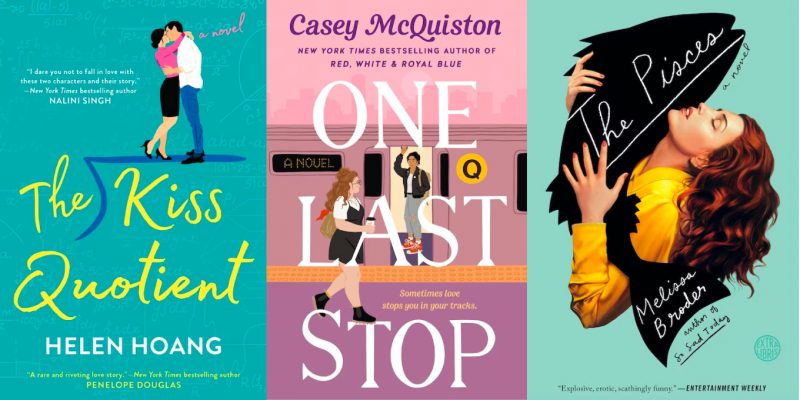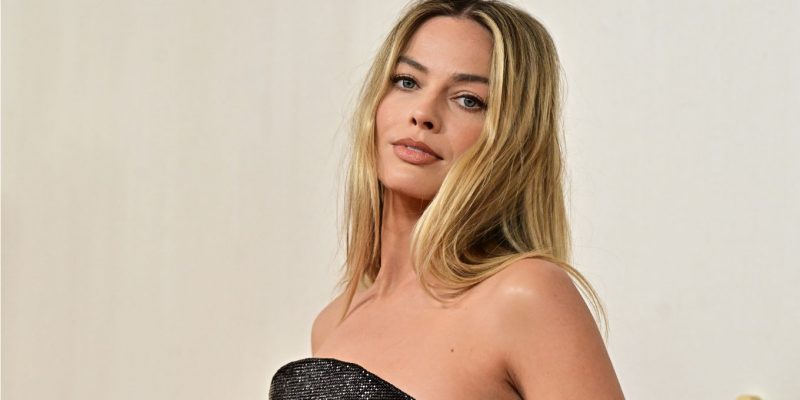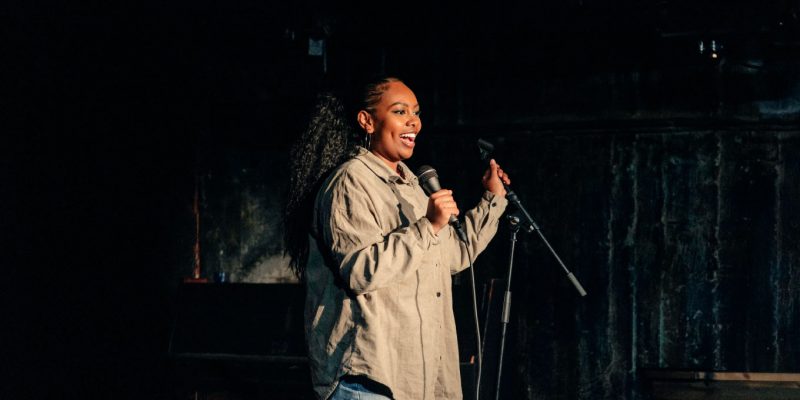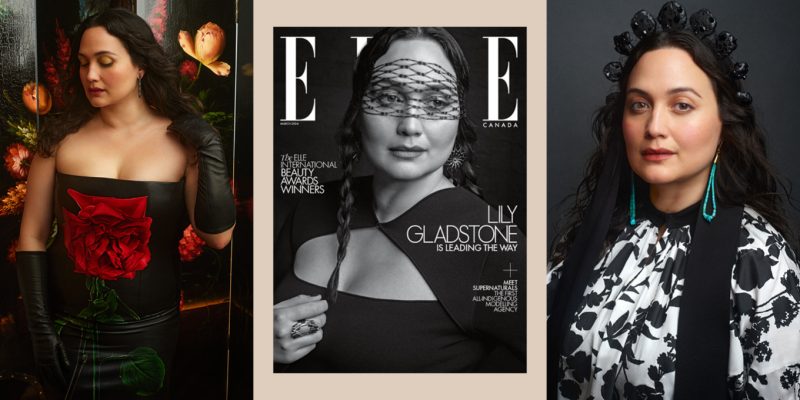Music
Is Hypersexualization Necessary for Black Female Artists to Achieve Commercial Success?
A look into whether Black female singers have the same access to platform as their white female peers.
by : Alicia Lue- Feb 3rd, 2022
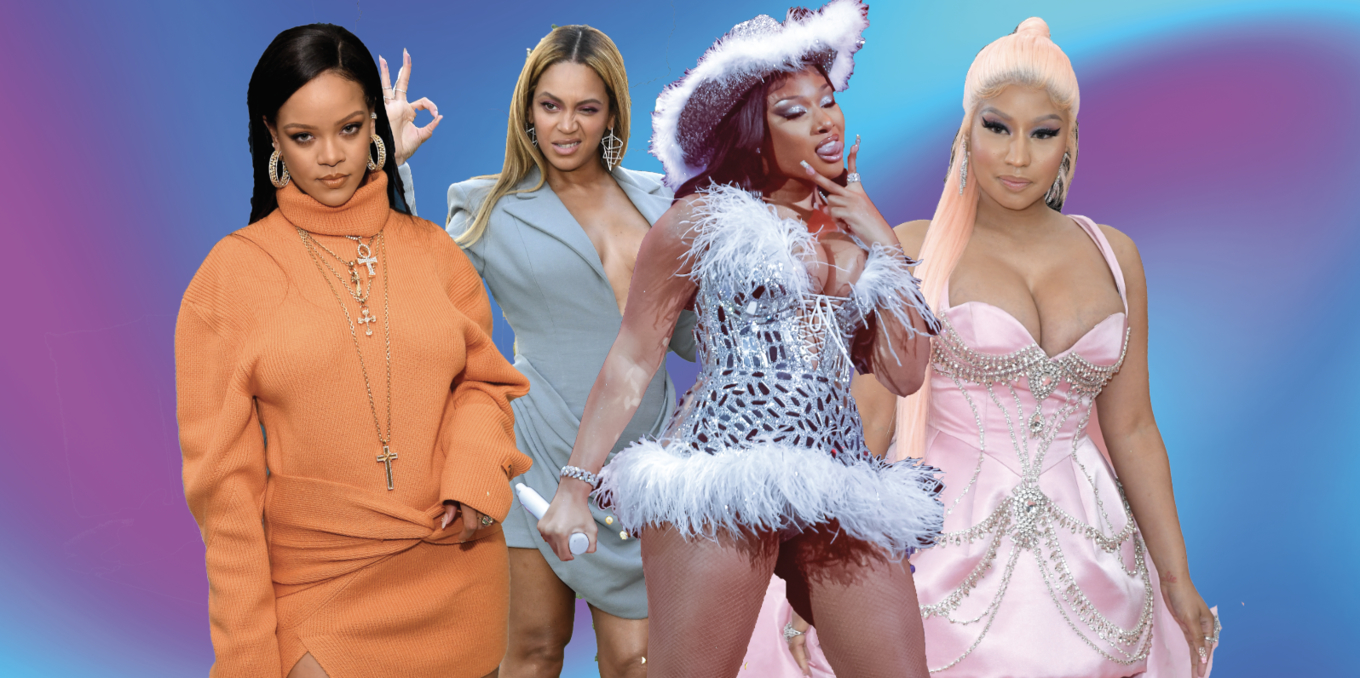
Getty Images
In 2015, Adele released her third album, 25, and it quickly became a commercial success. It went on to become the best-selling album of the year, and picked up the coveted Album of the Year award at the 2016 Grammys, famously, and arguably undeservedly, beating out Beyonce’s critically acclaimed Lemonade.
The album’s first single, “Hello,” became the fastest-selling digital single at the time. Following its global success, R&B singer K. Michelle remarked that “Hello” would not have been as commercially successful had it been performed by a Black artist. In doing so, Michelle explicitly addressed the disparity in the ways audiences support Black artists, but perhaps, also the differences in the ways that Black female performers can access the highest echelons of commercial success compared to their white contemporaries like Adele, Taylor Swift and Billie Eilish.
As of January 2022, the 12 best-selling female artists of all time include four Black artists— Beyoncé, Rihanna, Nicki Minaj and the late Whitney Houston. Now, in an era where the top-charting Black, female artists have never been more hypersexualized, it is fair I’m starting to wonder if hypersexualization has become a prerequisite for Black, female artists to attain commercial success.
Dr. Karen Flynn, Associate Professor in the Department of African American studies at the University of Illinois at Urbana-Champaign, says that while there is room for discourse, it must begin with examining the societal constructs within which Black, female artists exist, and how those constructs influence ideas about Black womanhood, sexuality and the intersection of both. A conversation about the unseen forces that govern commercial viability must begin with the ever-churning machine that is capitalism.
The objectification and commodification of female sexuality is nothing new in the music industry. The exploitation of female sexuality for profit has been a long-standing tenet of the industry’s power structure. A structure that Dr. Flynn says dictates much of how female artists are developed, marketed, and consumed.
“Sometimes we forget the power of marketing and the power of the industry to dictate how and what artists perform. Ideas about Black women's sexuality are infused in how decisions get made by executives and record labels.”
Dr. Aria Halliday, assistant professor in the Department of Gender and Women’s Studies at the University of Kentucky, who specializes in cultural constructions of Black womanhood echoes those sentiments. “What we get regardless of where it is created, are maintained by people who have particular ideas about Black women in those spaces.”
Given that the music industry is an extension of patriarchal power structures, all women will come up against pressures to cater to the male gaze. After all, sex sells. But Dr. Flynn says the hypersexualization of Black artists is part of a much larger conversation. One that has evolved from a dark legacy of dehumanization and relegation of Blackness. Slavery and colonization have meant that Black women were not allowed to explore and embrace their own sexualities for much of their history. Black womanhood and sexuality were molded by white supremacist ideas. Ideas that are still perpetuated today, and manifested in the ways we often see Black women portrayed as counterpoints to perceived ideas about whiteness. The promiscuous temptress versus the chaste damsel. These ideas about Black female sexuality feed into the rampant misogynoir within the music industry.
The truth is that modern entertainment is steeped in anti-Blackness. After all, minstrelsy, a popular colonization-era form of mass entertainment worldwide, consisted of portraying Black people as buffoons and spectacles for ogling. Case in point, in 1810, Sarah Baartman was bought from South Africa and forced to partake in exhibition shows in London where spectators would jeer her buttocks. Baartman’s image has become a symbol of Black female objectification.
Those ideas of Black women persist still today. Within the music industry and beyond. Dr. Flynn says misogynoir is embedded in the industry and to varying degrees, influences audiences’ expectations of artists. Dr. Halliday also notes that Black women often have to grapple with their ideas of self-concept chafing against society’s ideas and expectations of them. While the performances may have evolved, artists are assuming their own sexual agency, there are still ideas that Black female bodies are for consumption—sometimes, subconsciously by artists themselves having internalized these expectations.
“The consumption of black women's bodies, whether singers or performers, it's the same. This is what happens in a capitalist, white supremacist patriarchy. ”
Still, Dr. Flynn says that because of the historical legacy of anti-Blackness and its bearing on Black womanhood, there must be room for Black female artists to act as agents of their own sexuality. Black women are not afforded the same freedoms to express themselves in multi-faceted ways and are often seen through a very narrow lens. Perhaps the policing of Black women’s bodies and their expressions of sexuality is an inherent callback to the notion that they must appease a white supremacist standard of artistic expression. But more than ever, artists are pushing back against those standards and embracing their sexuality as an extension of their creative expression. Beyonce’s Lemonade is widely regarded as a revolutionary work of Black feminism that confronts the oppressive systems that threaten Black womanhood.
In recent months, Chloe Bailey, widely touted as Beyonce’s protege, has had more than her fair share of criticism for being “too sexy.” In an interview, she said: “No matter what women do, no matter how talented we are, no matter how screwed on our head is, someone will always have a problem because we choose to celebrate our body and the skin that we’re in.”
As a new wave of Black female artists dominate the charts with songs like Cardi B and Megan Thee Stallion’s “WAP,” and more recently, “Lick,” by Shenseea and Megan Thee Stallion, the question of whether or not they are too hypersexualized has never been more present. Yet, Dr. Flynn maintains that Black women assuming control of their own sexual agency is an inherently feminist act. In a world where they are afforded so little, perhaps commercial success is a small price to pay.
Read more:
How Canadian Black Women in the Film Industry Are Breaking the Mould
Halle Berry Condemns Radio Host’s Comparison Of Black Women’s Skin Tones
Should Celebrities Be Activists for Social Causes?
Newsletter
Join our mailing list for the latest and biggest in fashion trends, beauty, culture and celebrity.
Read Next
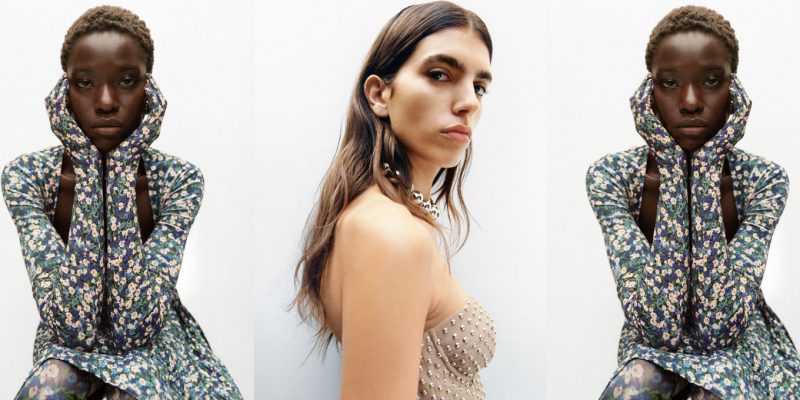
Fashion
H&M's Latest Designer Collab With Rokh Just Dropped (And It's So Good)
We chatted with the emerging designer about the collaboration, his favourite pieces and more.
by : Melissa Fejtek- Apr 18th, 2024

Culture
5 Toronto Restaurants to Celebrate Mother’s Day
Treat your mom right with a meal at any of these amazing restaurants.
by : Rebecca Gao- Apr 18th, 2024

Culture
This University Elevates Women to New Professional Heights
You shouldn’t have to pause your life to move forward in your career.
by : ELLE Canada- Apr 16th, 2024

